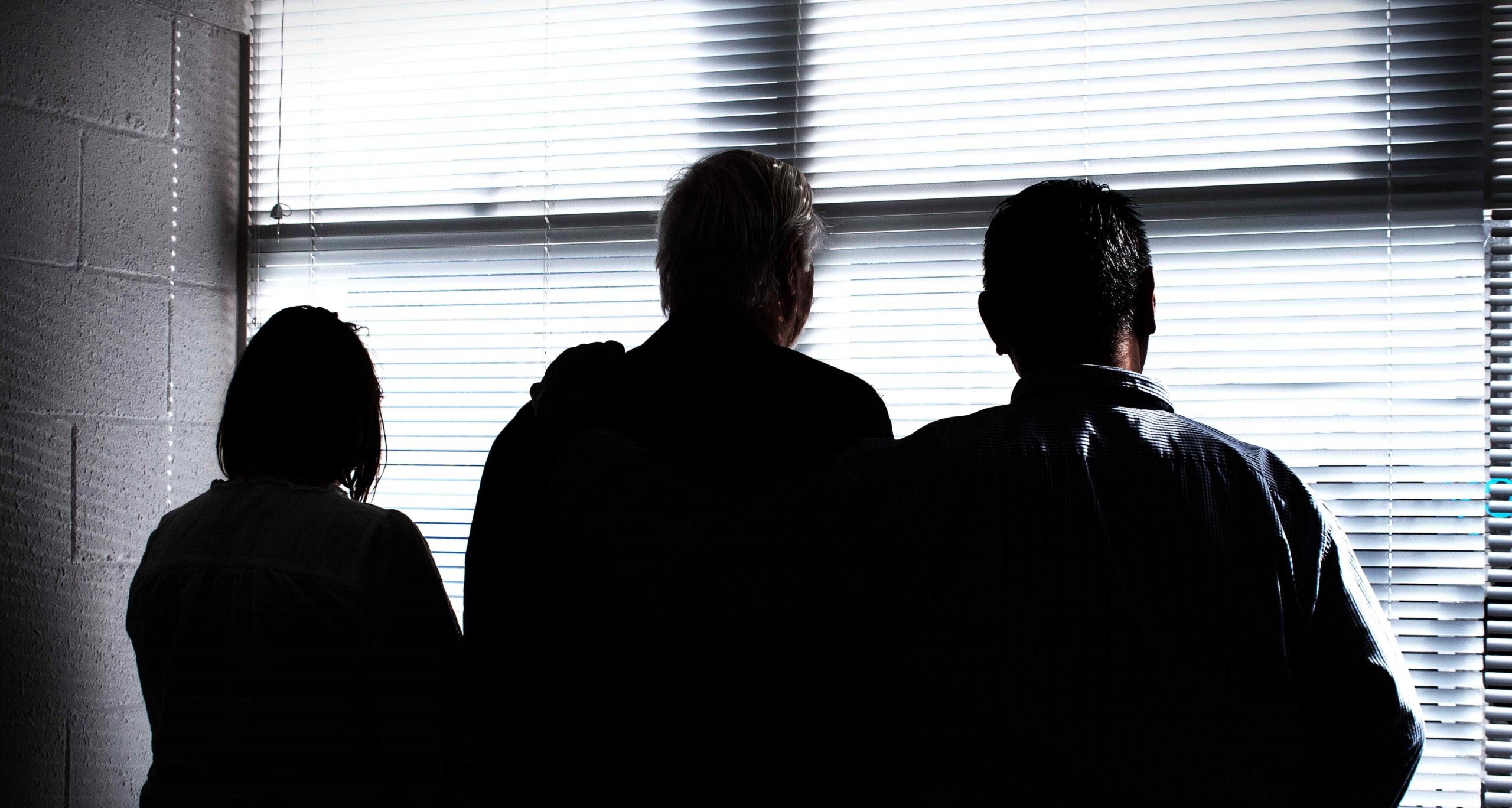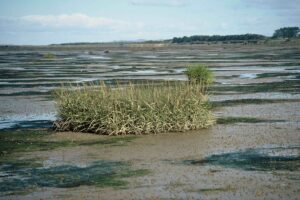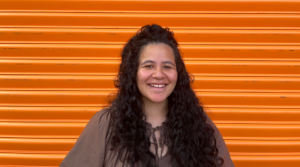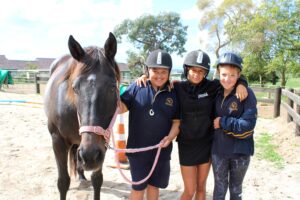Alcoholics Anonymous members share their stories with reporter ALICE PARMINTER ahead of a public meeting in Paeroa aimed at offering judgement-free help to those struggling with drinking.
Susan was, as she put it, a middle-class white woman. Married, had a job, had children. But she was also an alcoholic.
“Right from when I could remember, I always felt like I never belonged. So I got married young and had children young. Because that will fix me,” she said.
“Then I discovered alcohol. And for a long time, I could hold it all together.”
Susan would stop drinking for weeks on end, to prove the alcohol wasn’t a problem. But she’d always find a way back.
“[I] engineered how to get back to drinking – pick a fight or something. I was just going through the motions of life, like a zombie.”
Mike, a business professional, found himself on a downhill slide after losing his wife to cancer. Already accustomed to a heavy-drinking work culture, it was easy to disappear into a bottle.
“The amount that I drank should have killed a horse. I just couldn’t cope with life. So alcohol became my default,” he said.
“I became so mentally ill that I decided that it was time to follow [my wife], and I ended up in a mental institution.”

For Piri, the attachment to alcohol came early, and eventually landed him in prison.
“The moment I picked up my first drink at eight years old, I went straight into blackout,” he said.
“Our families made their own brew – I didn’t know what an alcoholic was. [But] if you weren’t able to hold your alcohol, then you’re not really that good.”
Diane, meanwhile, was living on the streets before she’d even reached her teens.
“I ran into a violent partner and ran into alcohol and drugs – at the age of 21, I was sitting in… Arohata [Prison] with a three-year-old son on the outside. A lot of that is blocked from my mind, a lot of the trauma, because it was a very violent time,” she said.
“I’d go for periods of time and not drink at all, and seemingly look quite normal on the outside and have a job and have a family and get my son off to school and pay the rent. And then I’d pick up that first drink, and it could be three days later before I came home.”
These four very different people share one major similarity – they’re all decades sober. Each found their way to an Alcoholics Anonymous (AA) fellowship, and they credit the movement for helping them turn their lives around.
As per AA’s policy, their full names and faces are obscured to maintain anonymity. What’s important, they say, is their message. Nevertheless, these individuals are comfortable sharing their stories – they are proud of how far they’ve come.
“We are anonymous, but we’re not secret. And people need to know… where to come when they need help,” Diane said.
AA was founded in 1935 and now has branches in hundreds of countries. It is run entirely by its members, and with no fees or religious or organisational ties, the only requirement for membership is a desire to stop drinking.
Meeting locations can be found at www.aa.org.nz – currently there are regular AA meetings in Paeroa, Tairua, Te Aroha, Thames, Waihī, Whangamatā and Whitianga.
And come July, there will also be a public meeting in Paeroa, the first to be held in the town since 1996.
“Alcoholism is a family disease. So we let people know, hey, we’re in your area, this is what we do, here’s some of us. And you have an opportunity to come along in a confidential setting and get to know us, hear about the solution that we’ve found,” Diane said.
“We’ll be having two alcohol and drug counsellors, a family member from Al-Anon and three AA members sharing.”
For Susan, Mike, Piri, and Diane, supporting others through AA is all part of their sobriety journey – paying forward the help they once received.
Piri, now a successful businessman, found help when he accidentally joined an inmates’ AA meeting.
“I came out [of prison] in 2010. I had nothing… just the clothes on my back and the steps to freedom. Being out in the community was the challenge itself, because I hadn’t done life without alcohol before,” Piri said.
“One of the men in the fellowship helped me start my own business. It’s a thriving business today, and I’m sober.”
Mike found his way to AA through the Salvation Army and their version of the 12-step programme.
“When your life swings in the balance, it’s said that man will stand on the edge of eternity for a lifetime before he’ll jump. But fortunately, AA gave me the impetus to continue life,” he said.
And for Susan and Diane, AA was the force that brought them back to their children.
“The whole family knew, but no one ever said anything. My son… was the only one that ever pointed out to me my alcohol. Through sobriety, we’ve spent time together and we’ve actually managed to talk about it, and we’ve got a good relationship now,” Susan said.
“I only had one child. He was 11 years old and came into recovery. And he was really angry, and he was hurt,” Diane said.
“[But] my son, who was born to violent alcoholic parents and grandparents… That life hasn’t been for him. Whatever harm I may have done to my family with my drinking, I’ve been able to put right in my recovery. And that gives me a sense of peace and serenity.”
DETAILS: Alcoholics Anonymous public meeting, July 13, 7.30pm at Paeroa College. All are welcome. Call Diane on 022 062 7282 for more information.





